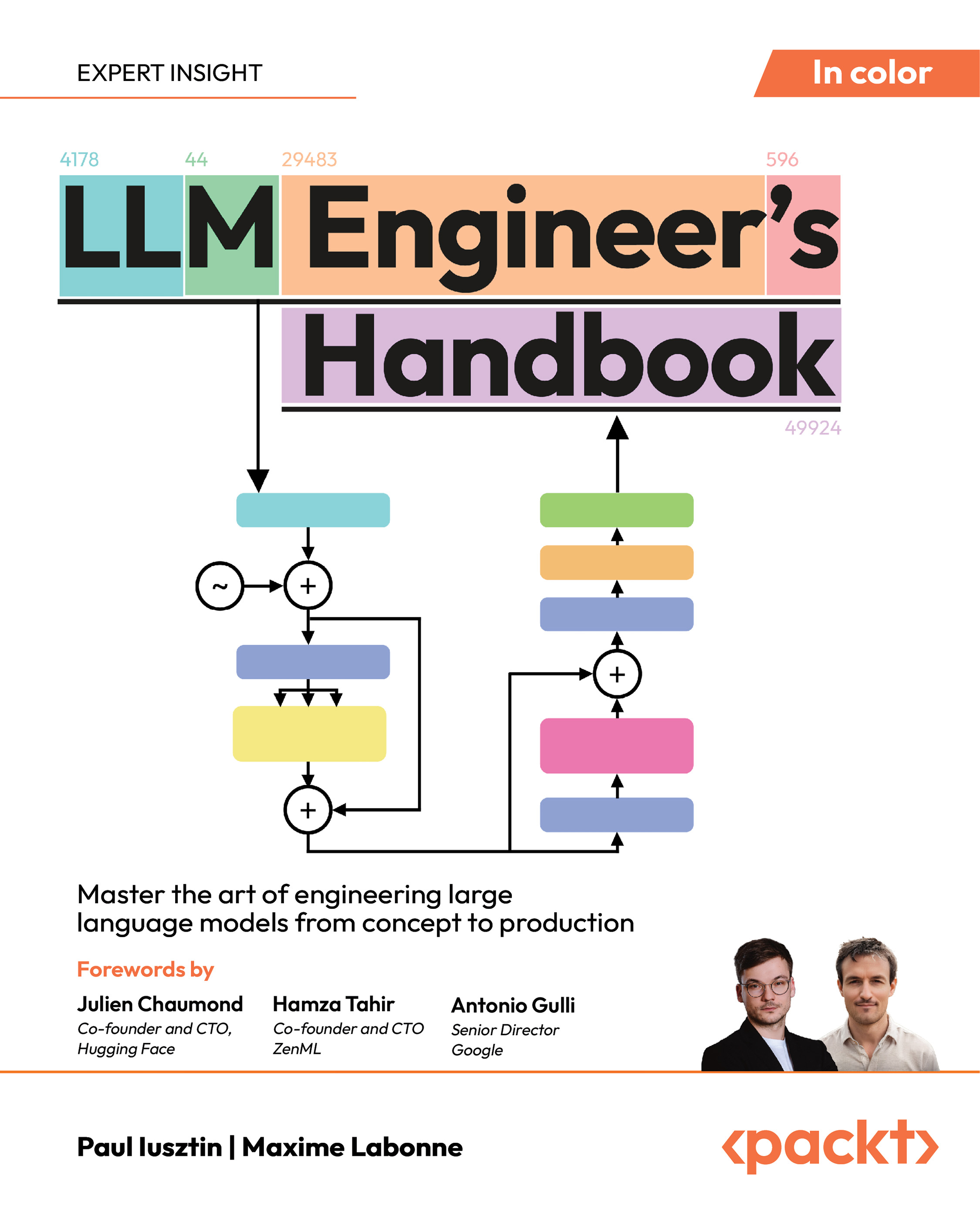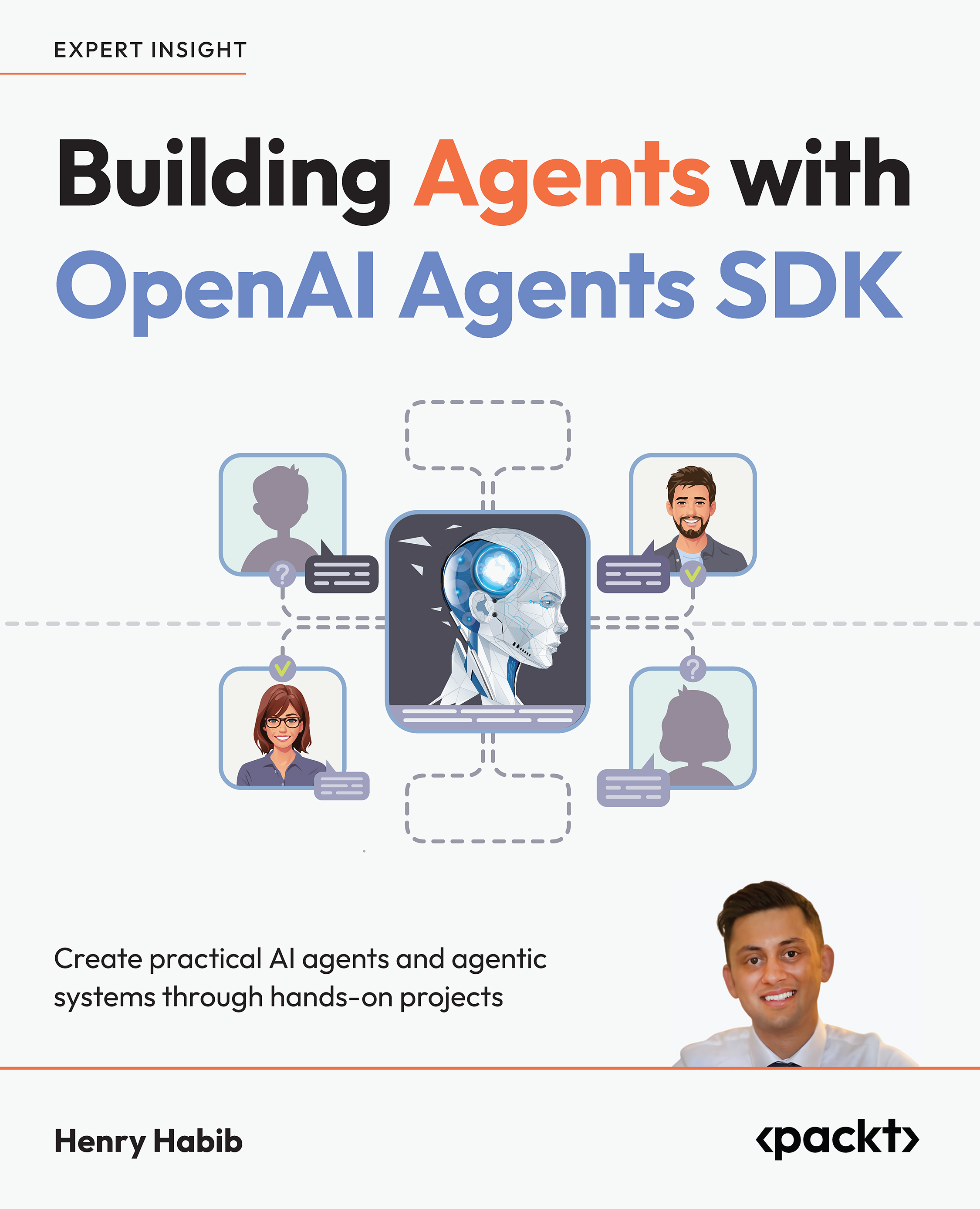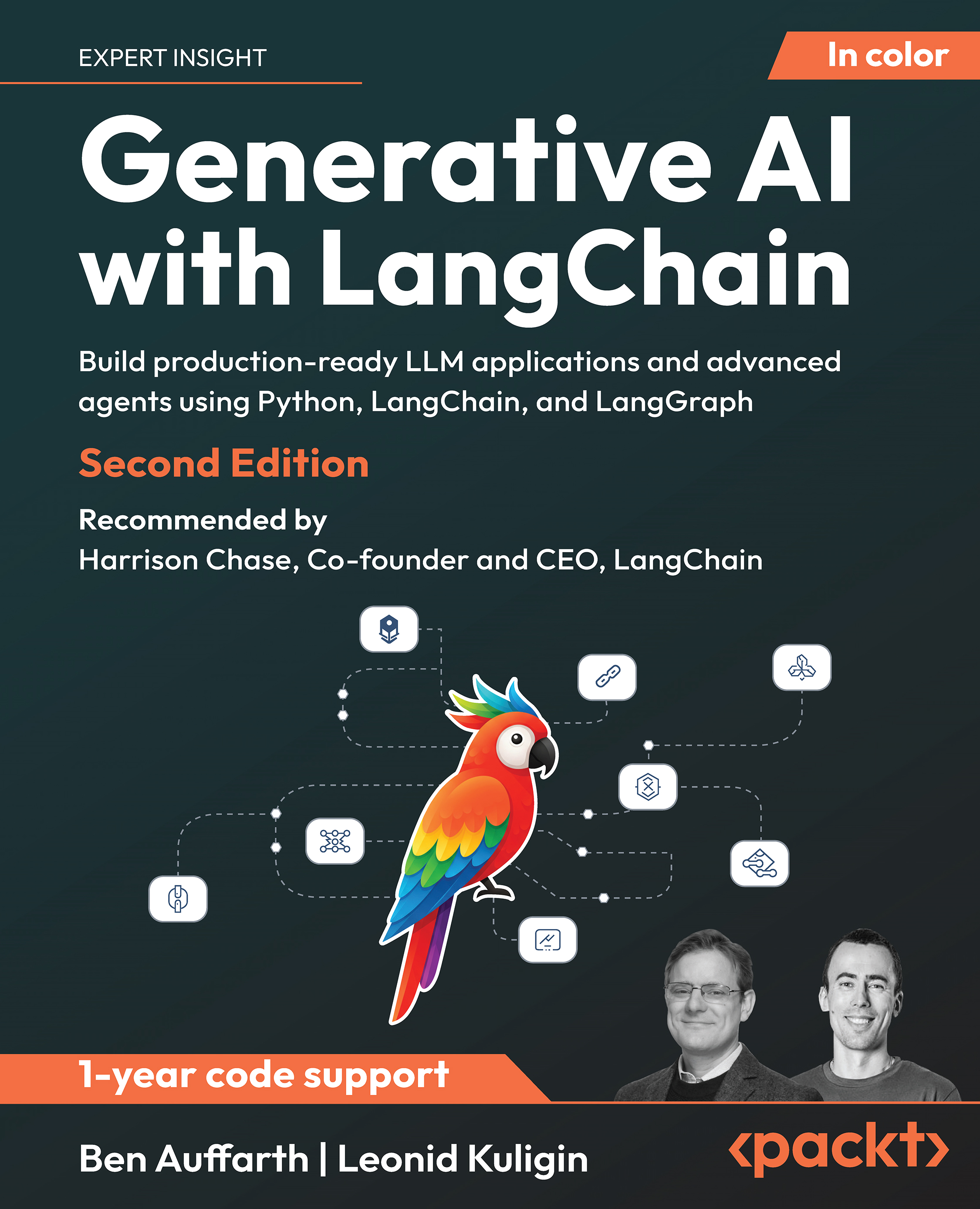Packt: How are LLMs changing the way you approach everyday development tasks?
Miško Hevery: I find it super helpful when I just, you know, ask for help from the LLMs. I know what I want, and I can share the code with it. I'm just saying, like, "Hey, can you find me this? How do I do this?"—because I forget all the time. You know—generate a function for me. And then I'm like, does that make sense? I have to kind of go through it. A lot of times, just writing out the function is really about understanding what's happening. Without that, it’s kind of tricky.
There's a difference between just building a website and building something that's algorithmically intensive. If you're just gluing existing code together, and there's not much in terms of algorithms, LLMs can be really helpful. But if you're working on something algorithmic, you really want to understand all of the parts.
In both cases, I think it's extremely helpful that LLMs just kind of help you out with what you're doing. Getting good at prompting and using them daily is super helpful—and it will definitely improve your productivity.
You know, I was building a website and toying with Firebase. I’d never created a Firebase app from scratch, so I didn’t know all the APIs. It was so nice to ask the LLM, "How do I open a record? Add an item?"—and it gave me pretty good answers. I still had to modify the code, move things around, but it made building significantly faster. I didn’t have to read blog posts or reverse-engineer toy examples. I could just ask, “Can you generate this for me?” And there it was.
 United States
United States
 Great Britain
Great Britain
 India
India
 Germany
Germany
 France
France
 Canada
Canada
 Russia
Russia
 Spain
Spain
 Brazil
Brazil
 Australia
Australia
 Singapore
Singapore
 Canary Islands
Canary Islands
 Hungary
Hungary
 Ukraine
Ukraine
 Luxembourg
Luxembourg
 Estonia
Estonia
 Lithuania
Lithuania
 South Korea
South Korea
 Turkey
Turkey
 Switzerland
Switzerland
 Colombia
Colombia
 Taiwan
Taiwan
 Chile
Chile
 Norway
Norway
 Ecuador
Ecuador
 Indonesia
Indonesia
 New Zealand
New Zealand
 Cyprus
Cyprus
 Denmark
Denmark
 Finland
Finland
 Poland
Poland
 Malta
Malta
 Czechia
Czechia
 Austria
Austria
 Sweden
Sweden
 Italy
Italy
 Egypt
Egypt
 Belgium
Belgium
 Portugal
Portugal
 Slovenia
Slovenia
 Ireland
Ireland
 Romania
Romania
 Greece
Greece
 Argentina
Argentina
 Netherlands
Netherlands
 Bulgaria
Bulgaria
 Latvia
Latvia
 South Africa
South Africa
 Malaysia
Malaysia
 Japan
Japan
 Slovakia
Slovakia
 Philippines
Philippines
 Mexico
Mexico
 Thailand
Thailand




















